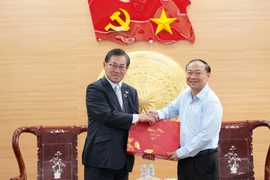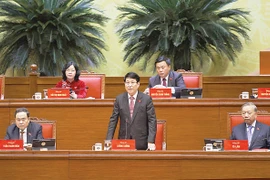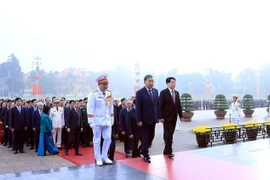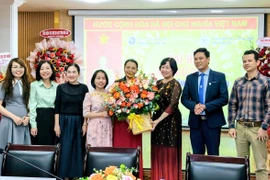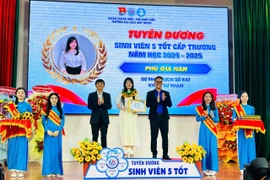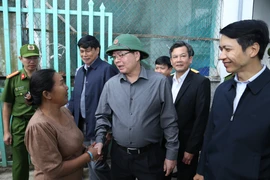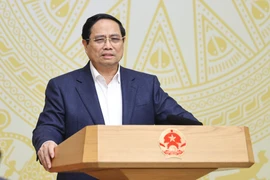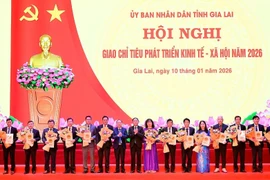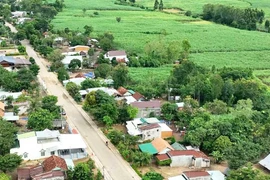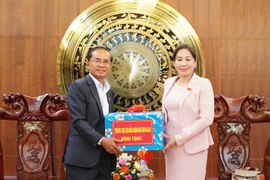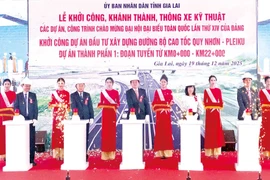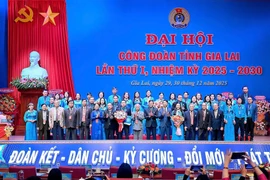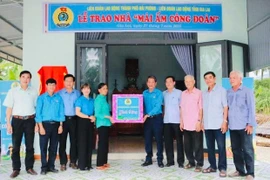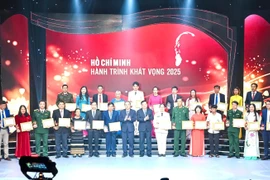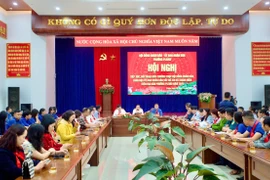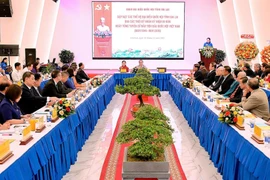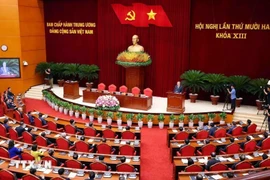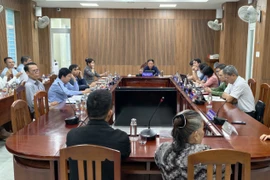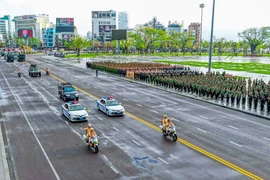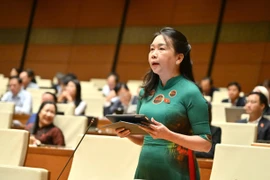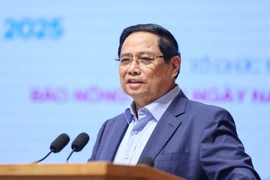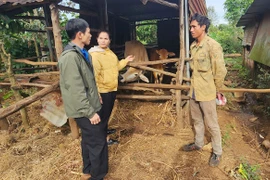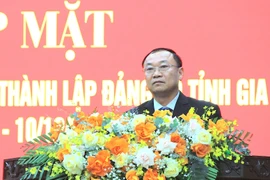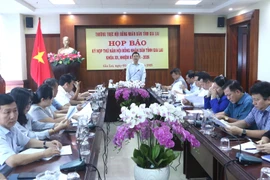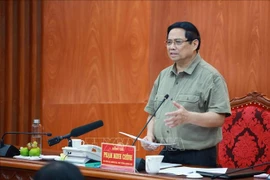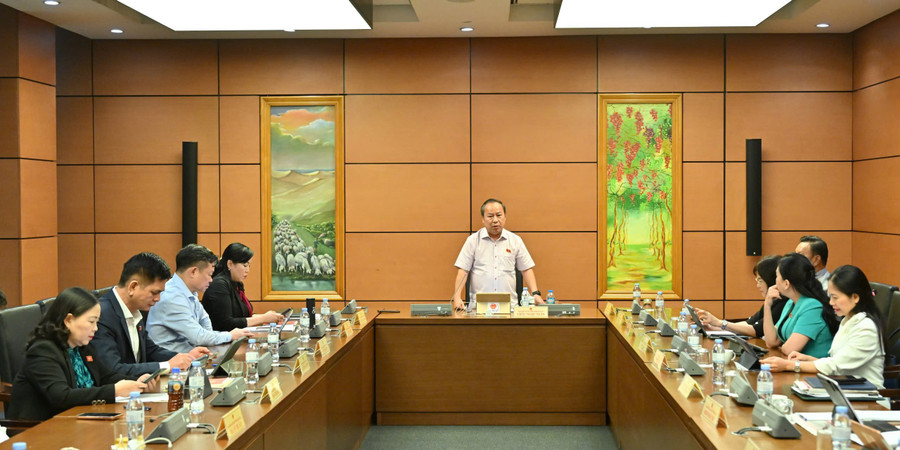
At the 10th session of the National Assembly, delegates reviewed three key draft laws: the Law amending and supplementing certain articles of the Law on Education, the amended Law on Higher Education, and the amended Law on Vocational Education.
Ensuring consistency among draft laws
Deputy Head of the Gia Lai Provincial National Assembly Delegation Lý Tiết Hạnh emphasized that this session involves reviewing and passing a significant number of legal documents.
She urged the drafting committees to ensure consistency and synchronization not only among the three education-related draft laws but also with other ongoing legislative frameworks such as the Law on Science, Technology and Innovation; the Law on Data; and the Land Law.
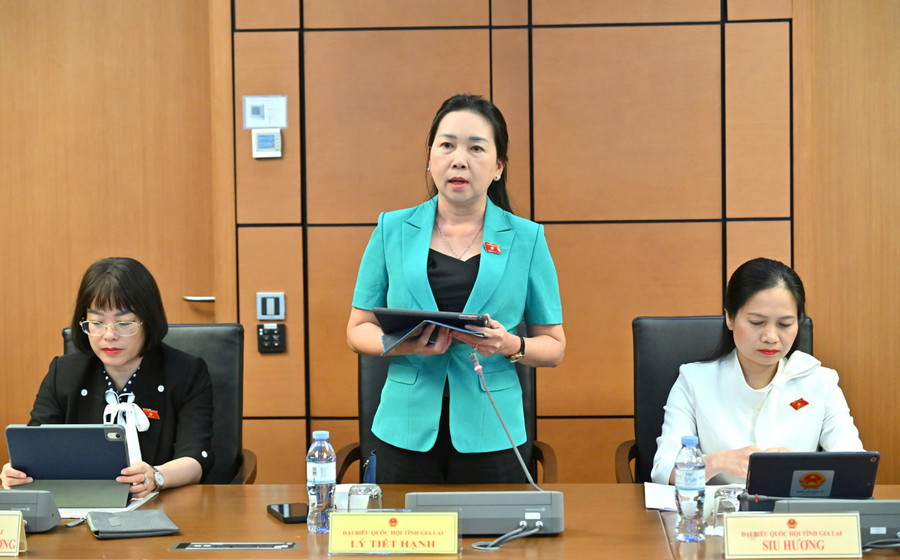
Highlighting the importance of education as the nation’s top priority, Hạnh conveyed voters’ calls for careful and thorough lawmaking to ensure long-term stability and avoid public concern or disruption to national development.
Calls for coherent, practical education reforms
Delegate Lê Hoàng Anh noted that while the three draft laws demonstrate significant effort to restructure Vietnam’s education system and institutionalize the Party’s directives, shortcomings remain.
He cited persistent administrative rigidity, weak links between autonomy and accountability in higher and vocational education, and poor alignment between training programs and labor market needs.
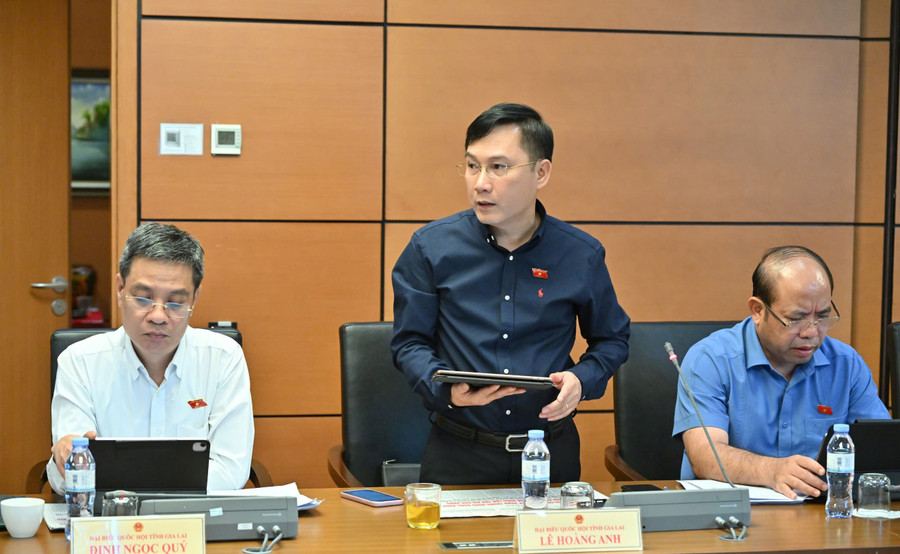
Hoàng Anh proposed requiring universities to publicly disclose key performance indicators, such as graduation rates, employment outcomes, and satisfaction surveys, to objectively measure training quality and enhance institutional transparency.
On the issue of textbooks, he supported developing a unified, free national set but recommended regular reviews every three to five years to incorporate new knowledge and evolving issues. He also suggested open bidding for printing and distribution to reduce costs, alongside the creation of an electronic textbook platform to enhance accessibility.
Preventing monopolies, supporting disadvantaged regions
Head of the Gia Lai delegation Châu Ngọc Tuấn stressed that while implementing a single national textbook set aligns with central policy, the process must prevent monopolies and ensure fairness, transparency, and objectivity.
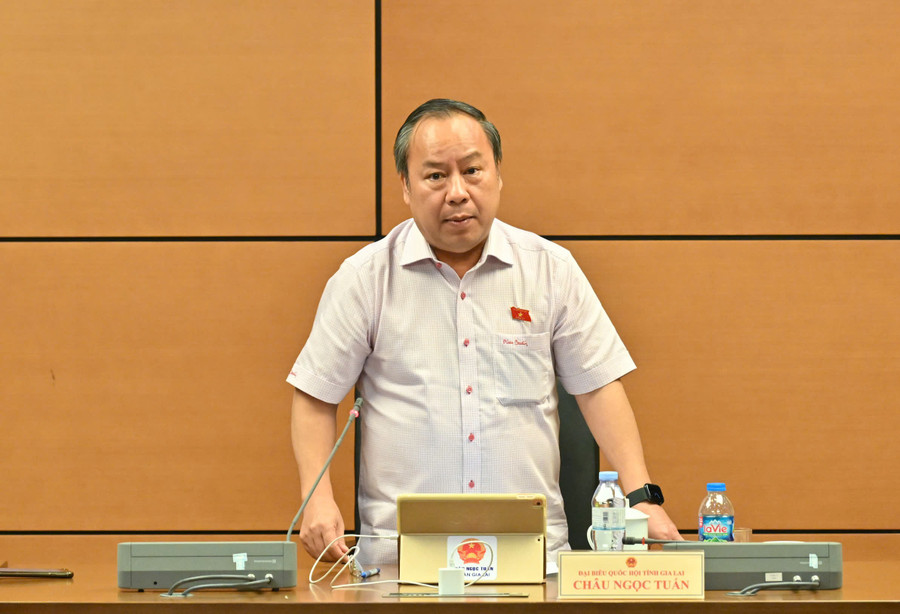
He also advocated delegating authority over local educational materials to provincial administrations, helping resolve current bottlenecks where localities await ministerial approval for new academic programs.
Deputy Head Lý Tiết Hạnh added that a unified textbook policy would promote educational equity but should consider the needs of ethnic minority, border, and mountainous regions.
She proposed free textbooks for primary and lower-secondary students in disadvantaged areas, alongside bilingual teaching materials and digital library development to ensure nationwide access to modern learning resources.
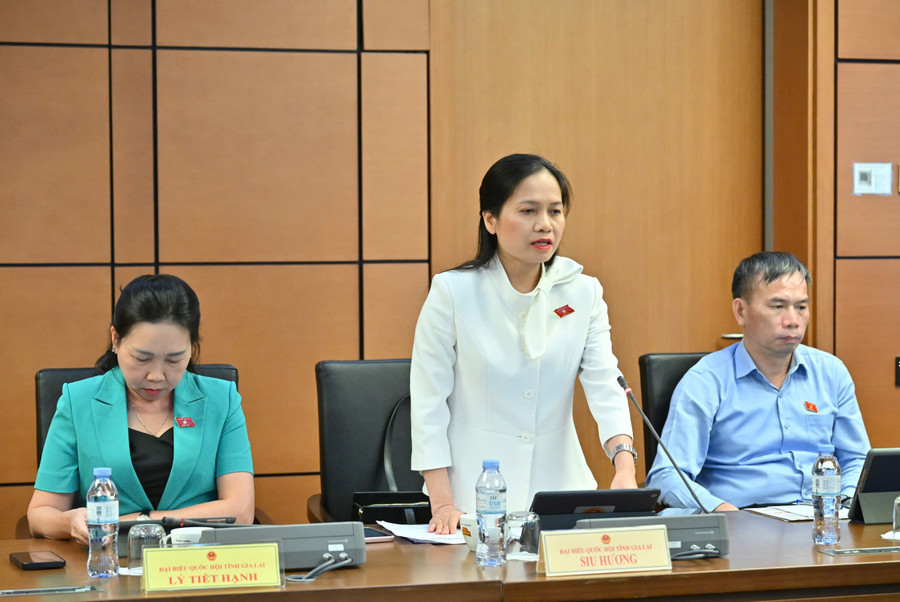
Enhancing vocational training links with industry
Deputy Head Siu Hương highlighted the weak cooperation between vocational institutions and enterprises. She called for binding mechanisms—such as minimum collaboration rates, to ensure that training aligns with labor market demands.
Siu Hương also recommended clarifying wage structures for student internships to protect their rights when contributing to production.
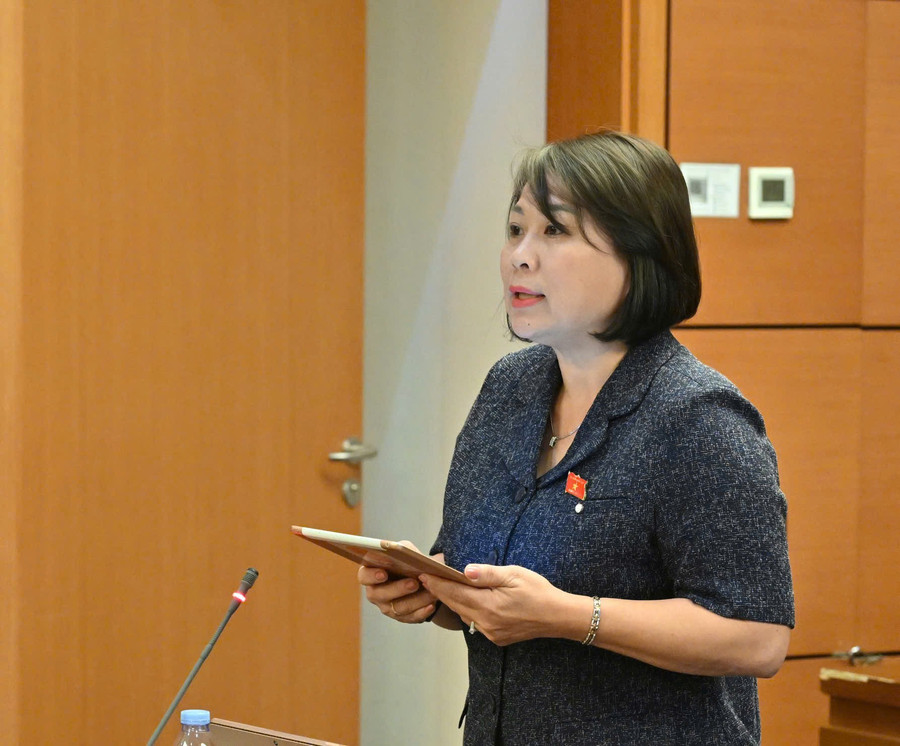
Delegate Nguyễn Thị Thu Thủy welcomed the draft Law on Vocational Education’s provisions expanding enterprise participation, including tax incentives for employing disadvantaged workers.
However, she noted Vietnam’s human resource quality remains below business and market needs, urging clear definitions of educators within enterprises and stronger institutional autonomy.
Strengthening medical training and teaching hospitals
Discussing the amended Law on Higher Education, delegate Nguyễn Lân Hiếu expressed concern over inadequate training conditions in health sciences.
He proposed developing a network of teaching hospitals to improve medical education, research, and patient care.
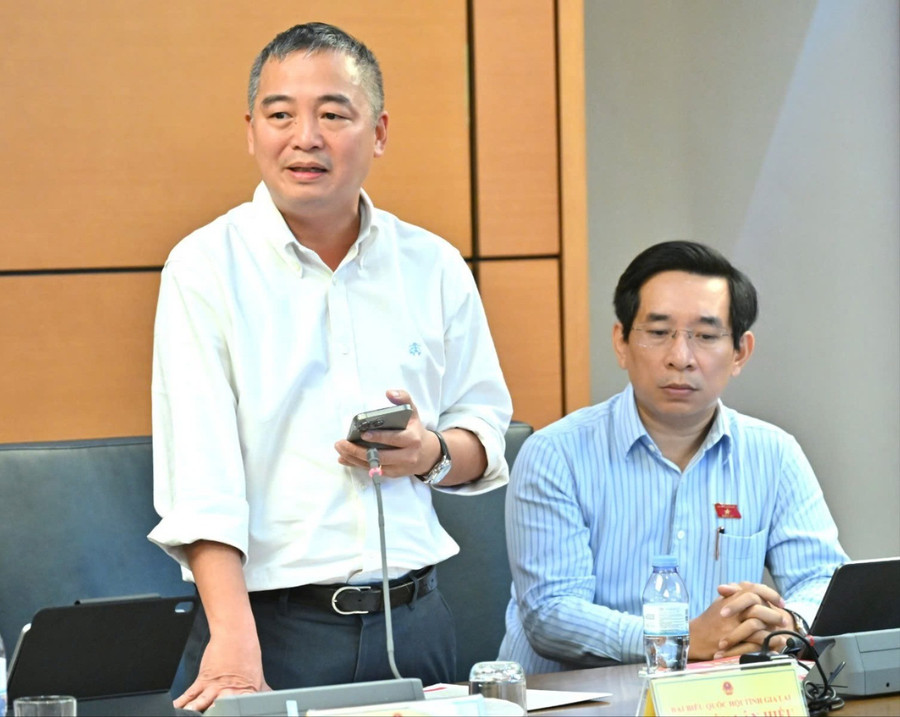
Hiếu also called for the law to recognize resident doctors as graduate-level trainees, granting them tuition waivers and state-funded salaries, given their vital role in the national healthcare system.
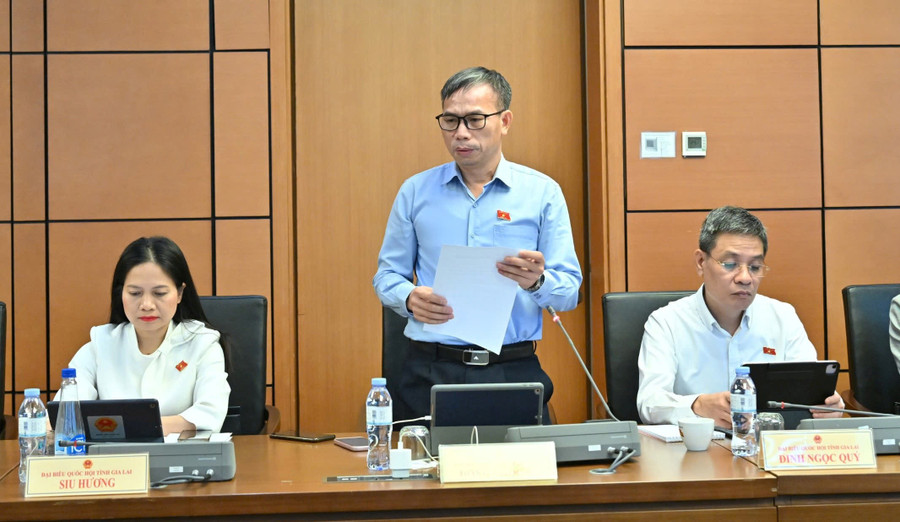
Delegate Đồng Ngọc Ba proposed adding core provisions on low-altitude air transport to the amended Law on Civil Aviation, including regulations for operations, service providers, and ground infrastructure.
He also urged consistency between this draft and the Law on Investment to prevent legal overlap.
Regarding land-related provisions, Ba recommended incorporating them into a draft Resolution on mechanisms to address challenges in implementing the Land Law.











